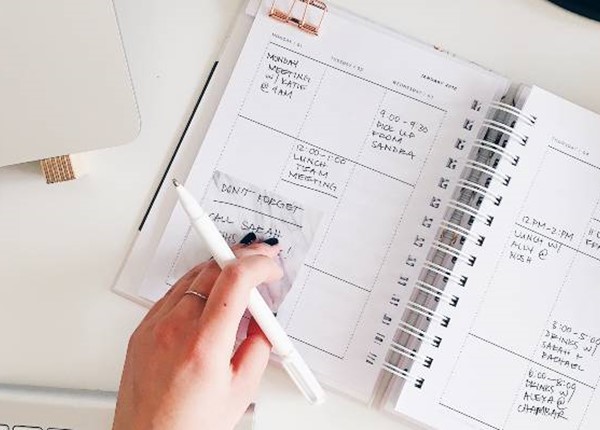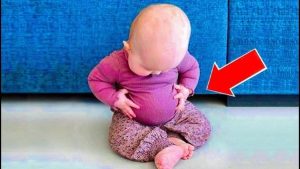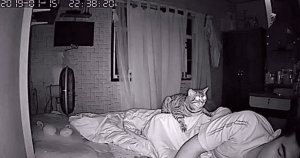Every year, more than 500,000 Americans get rehabilitation after a stroke or other brain damage. In the United States, movement difficulties following a stroke are a significant contributor to adult disability, and regular therapies are currently not tailored to the specific needs of patients.
Yuan Yang, Ph.D., a biomedical engineer at the University of Oklahoma, has been given a Faculty Early Career Development Award, or CAREER award, by the National Science Foundation to advance the research on the functional changes in the brain following strokes and to develop a personalized rehabilitation approach.Yang is an assistant professor at the University of Oklahoma at Tulsa’s Gallogly College of Engineering’s Stephenson School of Biomedical Engineering. He will carefully evaluate the modifications to motor control in a damaged brain using multi-modal MRI scans along with an electrical neural activity scan.
“Optimal recovery is still limited due to a lack of imaging guidance and real-time neurofeedback to design a rehabilitation strategy for each individual,” Yang added. This is despite multiple attempts to develop new technologies for movement rehabilitation after a stroke. “Our program will be able to advise doctors which parts of the brain to stimulate in a non-invasive, painless way to speed up a patient’s rehabilitation and lower the costs of long-term care and nursing for disabilities brought on by stroke and other similar brain injuries,”A interdisciplinary research education ecosystem connecting engineering students, clinical trainees, and STEM educators will also be supported over the course of the five-year award.
“OU Norman’s biomedical engineering program is excellent and so is the clinical program on the OU Health Sciences Center campus. Thanks to this grant, engineering students and medical students can collaborate during summer research trainings so that each can appreciate the other’s expertise,” Yang said. “We will also invite high school STEM teachers to join the training and take custom projects back to their classrooms.”
A collaboration with Science Museum Oklahoma will provide resources on brain science, including the development and donation of posters, toy models and exhibits to “excite and inspire young kids about science, medicine and the brain,” Yang said.






